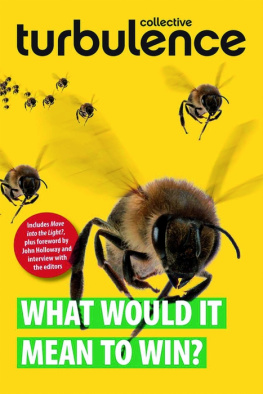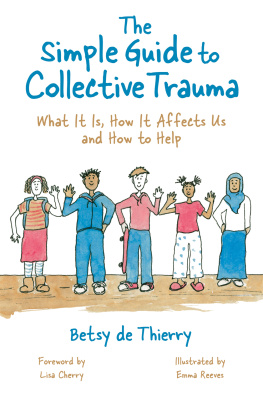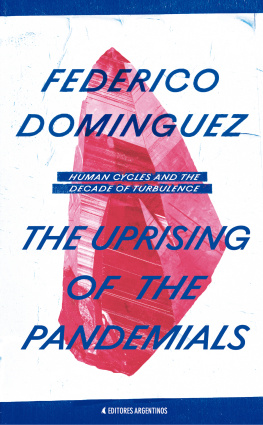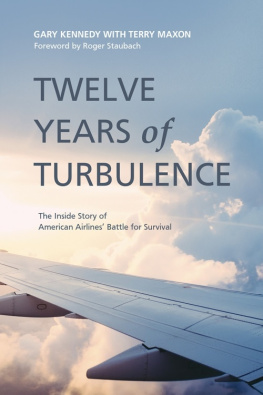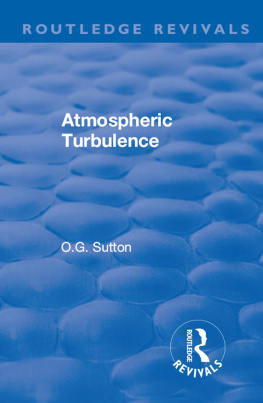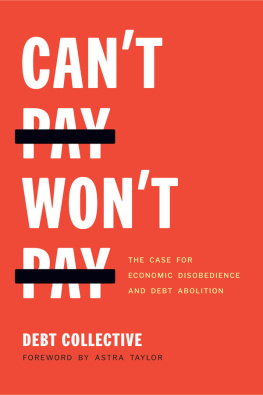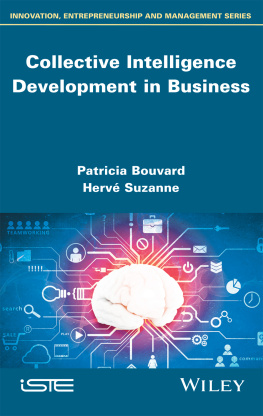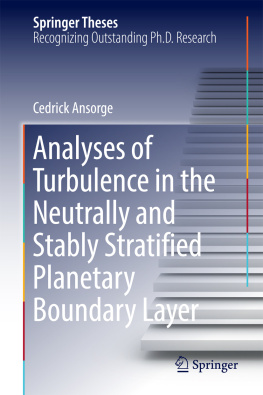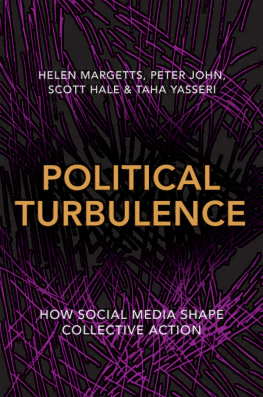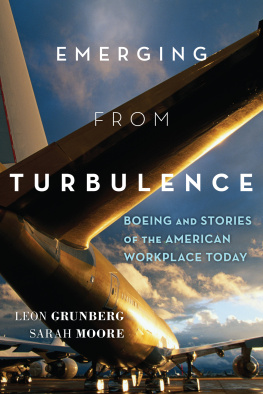Preface
Turbulence: What would it mean to win? was intended as a political intervention into the mobilisation against the 2007 G8 summit, held in Heiligendamm, on Germanys Baltic coast. It took the form of a 32-page newspaper and we printed 7,000 copies.
Response to Turbulence exceeded all our expectations. Bundles left at the various convergence centres and camps quickly shrank, disappeared and had to be replenished. We saw copies being read and discussed everywhere. Following the summit, we received requests for copies from individuals and groups around the world. People have translated articles in several other languages. The 14 texts we assembled clearly resonated within the movement. We soon ran out of copies.
Although all the articles are available on our website (www.turbulence.org.uk), were delighted to see the whole back in print. This edition contains some additional material too. In the autumn 2007, we authored a piece entitled Move into the Light? Postscript to a turbulent 2007. This was published as a pamphlet in English and German and, as an article, in Le Monde diplomatique Brasil. We have included the text of Move into the Light? here. The book opens with a Foreword by John Holloway. It concludes with an extensive interview with two members of the collective, conducted in the winter and spring of 20082009.
Movements move. The original newspaper was conceived as a political intervention in the summer of 2007. Since then the problematics we face have shifted. There is a risk that some of the pieces may not seem as relevant as when they were written, but as a whole we feel they stand the test of time. The contributions were, after all, drawn from movements in different parts of the world, operating in different situations and at different stages in their cycle of struggles. Our question crossed such differences and remained relevant. Cant such a question also cross the gap between 2007 and now? Isnt it always both timely and untimely to ask the question What would it mean to win?
Turbulence Collective
Berlin, Chapel Hill, Leeds, So Paulo
January 2010
Hope moves faster than the speed of thought
Foreword by John Holloway
I shouldnt be here doing this, and yet I cant resist it, the honour of it. Turbulence is exciting. Its the restlessness of it, the itchiness of it, the refusal to rest on laurels, to be satisfied, the constant rethinking, re-posing of the problems, the going beyond itself, the moving beyond movements, the overflowing. A moving that disrupts, a turbulence. Not a cistern, but a fountain out of control.
Of course we should not be satisfied. How could we be when we still live in capitalism, when we still create and re-create capitalism each day, when we are all complicit in the production of a world that kills and humiliates and destroys? How can we live with that? And yet we do. We cannot be satisfied, and yet perhaps we are. As we scream and hurl ourselves against capital, we glance at our image in the mirror and fall in love with it. How romantic we are, how brave, how clever. We are blinded by what we see, captivated by it. However hazy our image in the mirror has always been, have we not become too enamoured of it...?. We come to ourselves and something has happened. The movement has stopped. Or perhaps it is just our movement that has stopped, just we who have stopped. We are left there stranded, in danger of becoming one of those strange political groups of yesteryear, arguing about 1917 or 1936, or whatever as worlds pass by. 1917 or 1936 or 1968 or 1994 or 2001 or 2008, perhaps. The danger is there all the time: we invent a word, the Left, to pretend that we havent been stranded, to hide our distancing from the flow of struggle, as a nostalgic memory of what we did in our youth, as a self-deception.
Turbulence does not let us do that: the word Left is hardly mentioned, there is no time for sitting back and nostalging. We must try and see what is wrong, how we can start moving again. If the movement of movements has run into difficulties, then we must try to get it moving again, nudge it in a new direction. To recognise the limits of a particular moment or phase of struggle does not have to imply an inability to move beyond it. Just the contrary: we must do everything we can to find a way forward.
This cannot be done by laying down a new line. Even if we wanted to, there is no one who could do it. The articles in this collection are contributions to a discussion. They share a common concern, but not a common solution. They are all prompted by the question of What would it mean to win?, but one feels that there is really another question that motivates them all: how do we get going again? Or perhaps, what is to be done now? They are all very honest reflections (and though I do not mention all by name, I found them each and all very stimulating). Gone, thank goodness, are the revolutionary recipes of the past, the answers.
There is no common line, but there are themes that recur in several of the articles. Three of them strike me as being particularly important.
The first is demands. Do we think of nudging the movement forward in terms of the reformulation of demands? Ben Trott, basing himself on current discussions in Germany, suggests that the formulation of directional demands may be a way forward. Yet, however much the directional demands may differ from transitional or other demands, there is, as the Free Association point out, always a problem with demands: they are always addressed to somebody, they always carry with them the tonality of asking somebody for something. The notion of a demand already suggests the acceptance that power is external to us. Power is indeed outside us, but our struggle is to dissolve the externality of power, to re-appropriate the world as ours. Or better: our struggle is to stop externalising our power, to stop alienating the world from ourselves. The danger with demands, however directional, is that we are not just recognising an external power but actually creating that power, converting our power-to into an external power-over. Gustavo Esteva suggests that in effect we should forget about demanding anything and just get on with creating the world we want. Forget about changing the world and get on with constructing a new one (or new ones). Live the world we want to create: that stands as the alternative to a politics of demands. We assume our own power to create, and refuse to project it on to anyone else and recognise it as their power over us.
Of course it is not so simple. The Free Association, who prefer to think of problematics rather than demands (for the reasons already mentioned), nevertheless point out that the formulation of demands can give coherence to a movement, give it an identity. With this, we are back with the problem of the image in the mirror. To have an identity is to look in the mirror and see our image. Harmless enough perhaps, or perhaps necessary though harmful. This is the issue of institutionalisation. We were clear that the Communist Party, that great Revolutionary Institution, was a major obstacle to the flow of anti-capitalist struggle. And then we saw that all revolutionary parties are obstacles to the moving of struggle, and we thought that with that we had got rid of the problem of institutionalisation. But now we see that our image in the mirror is a new form of institutionalisation that blinds us just as surely (though perhaps less crudely) to the moving of the movement. The


